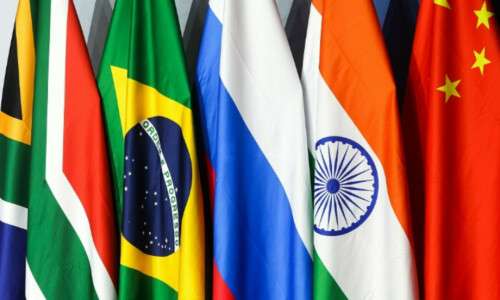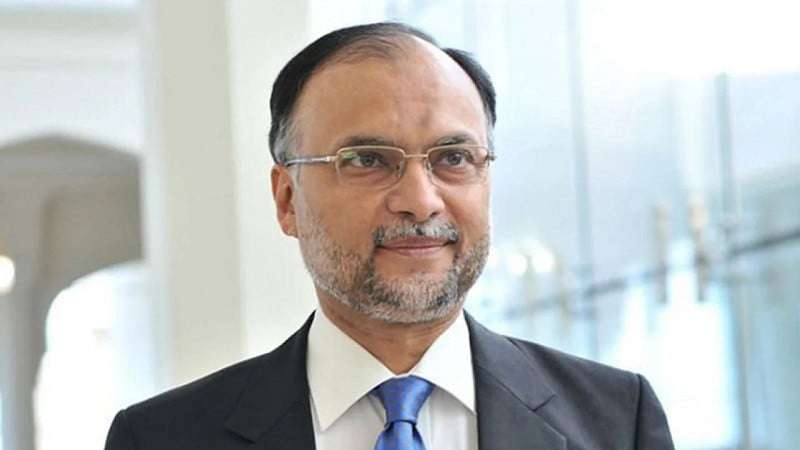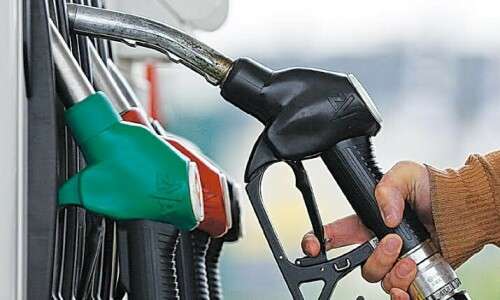Introduction: The Climate Crisis and COP29
As the world faces the growing threat of climate change, global leaders have gathered at COP29 in Baku, Azerbaijan, to discuss and negotiate climate action. The opening session of the conference was marked by delays and tough discussions as delegates from around the world tried to find common ground on the most pressing issue: financing climate action.
With the climate crisis already causing devastating impacts, particularly in the Global South, experts and climate activists have made it clear that without substantial financial commitments from the Global North, all the talk about climate solutions will remain just that—talk. The call for financing from wealthier nations has become the centerpiece of the conference, as vulnerable countries push for compensation for the damages they’ve already endured.
The Call for Climate Finance: A Legal and Moral Obligation
At the heart of the discussion is the principle that the Global North, the developed countries primarily responsible for the historical emissions driving climate change, has both a legal and moral obligation to finance climate action in developing countries. This includes providing compensation for the damage caused by climate change, as well as funding for mitigation and adaptation efforts to help vulnerable nations cope with future impacts.
In an opening statement, UN Climate Change Executive Secretary Simon Stiell acknowledged the difficulty of finding consensus on the issue but emphasized the importance of determination and human ingenuity in achieving meaningful results. “Our ability to get knocked down and to get up again over and over again until we accomplish our goals” was his message, reflecting the long road ahead in securing a global climate finance agreement.
The Tension Between the Global South and the Global North
The division between the Global South (developing countries) and the Global North (developed nations) has never been more apparent at COP29. Climate justice advocates argue that the wealthy nations, having contributed the most to global emissions over the decades, must now pay their fair share to address the consequences. ActionAid’s Global Climate Justice Lead, Teresa Anderson, emphasized that without significant financial commitments, discussions on climate action would remain just rhetoric.
She argued that the New Collective Quantified Goal (NCQG), which aims to establish a new global climate finance goal, is essential for holding the Global North accountable. The goal should reflect the scale of the crisis and the need for urgent action. “COP29 is a test of wealthy countries’ commitment to securing a livable planet,” Anderson stated. “The countries that have caused the climate crisis must pay to fix the mess.”
The Perils of Loans and the Need for Grants
One of the most critical concerns raised by activists and experts at COP29 is the reliance on loans as a mechanism for climate finance. Countries like Bangladesh, which have already been battered by the effects of climate change, are finding themselves further trapped in debt as they take out loans to fund climate adaptation efforts. Teresa Anderson criticized the practice, pointing out that loans often force countries to prioritize debt repayment over climate action, exacerbating the crisis rather than alleviating it.
Additionally, Michelle Higelin, Executive Director of ActionAid, called on developed countries to commit $1 trillion to climate finance. She explained that this amount must cover the full spectrum of climate action: from adaptation to mitigation and addressing loss and damage caused by the changing climate.
Higelin also pointed out that the $100 billion climate finance goal, set in previous COP negotiations, has not been met, and the new NCQG will likely face similar challenges if wealthy nations continue to backtrack on their commitments.
The Struggle for Consensus and the Role of Fossil Fuel Companies
The opening session of COP29 saw delays due to lengthy consultations, and the complex discussions surrounding the financing agenda threatened to derail the progress of the conference. Despite these setbacks, experts believe that the key to successful negotiations lies in the willingness of wealthy nations to live up to their promises and provide the necessary financial resources.
At the same time, the role of fossil fuel companies in the climate crisis remains a contentious issue. The Climate Action Against Disinformation (CAAD) coalition highlighted the significant influence that big tech and fossil fuel companies continue to wield in shaping the public discourse around climate change. Fossil fuel advertisements are widespread, even as the world gathers to discuss the very crisis these companies have contributed to.
According to a report by CAAD, fossil fuel companies spent millions on advertisements during COP29, an effort to cloud the climate conversation and downplay the urgency of action. The report called for a ban on fossil fuel advertisements to protect public health and accelerate climate action.
Pakistan’s Role and Prime Minister Shehbaz Sharif’s Climate Diplomacy
Pakistan, which has faced severe climate impacts in recent years, including devastating floods in 2022, is playing a significant role at COP29. Pakistan is hosting over 40 events at its pavilion, calling attention to the urgent need for climate finance and international cooperation. Prime Minister Shehbaz Sharif is expected to attend the World Leaders Climate Action Summit and make a strong pitch for climate diplomacy, urging nations to come together to address the mounting climate crisis.
Sharif is expected to address the summit on Wednesday, focusing on the need for a joint front to combat climate-induced disasters. His leadership at COP29 signals Pakistan’s commitment to climate action and the country’s demand for support from wealthier nations to address the impacts of climate change.
The Importance of Financing Climate Action
The climate crisis is already causing irreversible damage, and the need for climate finance has never been more urgent. Vulnerable nations, particularly in the Global South, are bearing the brunt of climate impacts, from rising sea levels to more frequent and intense natural disasters. These nations are calling for a financial lifeline from the Global North to help them mitigate these impacts and adapt to a rapidly changing world.
At COP29, the focus remains on securing a financial agreement that will allow for meaningful climate action on a global scale. Without adequate funding, climate action will be limited, and the global community risks falling short of meeting the goals set by the Paris Agreement.
Conclusion: A Turning Point for Global Climate Action
As COP29 continues in Baku, the outcome of the conference could have lasting implications for the future of climate action. The key issue remains the financing of climate solutions, and experts warn that without a significant commitment from wealthy countries, the promises made in previous COPs will remain unfulfilled.
The success or failure of COP29 will determine the global community’s ability to tackle the climate crisis and protect vulnerable nations from the devastating impacts of climate change. As Teresa Anderson aptly put it, “If we want to unleash climate action on a scale that can save our future, the countries that have caused the climate crisis must pay to fix the mess.”
FAQs on COP29 and Climate Finance
1. Why is climate finance important at COP29? Climate finance is crucial because developing countries, which are most affected by climate change, need financial support from wealthier nations to adapt, mitigate, and recover from climate disasters.
2. What is the New Collective Quantified Goal (NCQG)? The NCQG is a new framework for setting climate finance targets to ensure that the Global North provides sufficient financial support to developing countries to address climate change impacts.
3. How have fossil fuel companies influenced climate discussions at COP29? Fossil fuel companies have been accused of spreading disinformation and using advertisements to downplay the urgency of climate action, undermining efforts to address the climate crisis.
4. What is the role of Pakistan in COP29? Pakistan is hosting over 40 events at COP29, advocating for increased climate finance and international cooperation to address the climate crisis, particularly in the context of the country’s climate-induced disasters.
5. What is the financial target set for climate action in COP29? The target is to secure $1 trillion in climate finance to help developing countries address climate change impacts, including adaptation, mitigation, and loss and damage.
ALSO READ:
https://flarenews.pk/2024/11/13/fortnite-og-returns-permanently-a-nostalgic-comeback-for-gamers/



